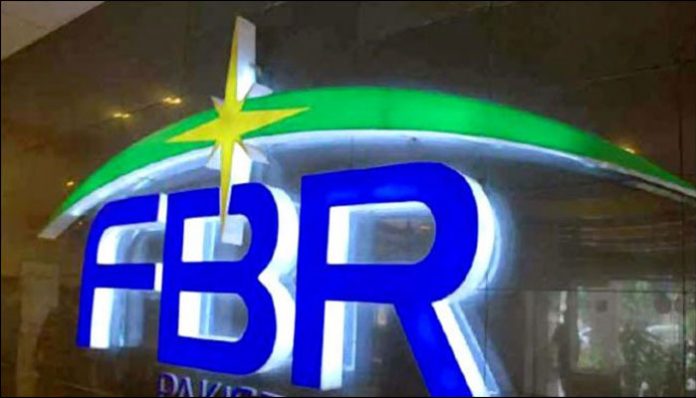ISLAMABAD: The Federal Tax Ombudsman (FTO) has revealed the working of Federal Board of Revenue’s (FBR) Commissioner Inland Revenue (Appeals) with regard to delayed/non release of appellate orders after hearings.
Documents available with this show that a three-member FTO inspection team prepared a report with regard to commissioner (appeals) Faisalabad working, as it has been alleged in a complaint that the CIR (Appeals) Faisalabad hears the cases but the orders are not released to the appellants even after the lapse of several months and this delayed decision making is adversely impacting the taxpayers as pending decisions by the tax authorities affect the recoveries through coercive measures.
The team revealed in its findings that FBR has been kept in the dark through misleading monthly performance report (MPRs) and it is said to be a serious case of mis-reporting. Documents state that huge under-reported pendency/backlog, involving massive revenue, has not only adversely exposed state exchequer but has also created an equally detrimental situation for hundreds of taxpayers who stand condemned unannounced.
Any hasty or extra-expeditious disposal of the huge backlog by the officer under inspection at this stage may negatively impact either of the department or taxpayers or both. Expeditious but judicious disposal of backlog needs to be ensured, in addition to this.
Previously, for Commissioners Appeals across the country there was a mandatory “Monthly Disposal Register” which contained date of filing of appeal and date of service of order. This register has been discontinued by FBR with the result that currently there is no quick way to conduct any snap inspection. This register needs to be restored.
“FBR has prescribed an Appeal Register which is mandatory for all Commissioners Appeals. The said register contains specific columns for “Institution of Appeal”, and “Date of Order”. The mandatory Appeal Register doesn’t contain the material column of “Date of Hearing” which needs to be incorporated.
The inspection in the instant case (CIR Faisalabad) badly exposes FBR’s Appellate System wherein there is weak “In-House Cross Check” for the reported figures/numbers. Sheer enforcement of stereo-type MPRs is not sufficient. The team has asked Member (Legal) FBR to conduct periodical inspection of Appellate formations of both Customs and IRS.
The team also suggested that current vertical reporting module needs to be replaced with Horizontal Reporting, whereby MPRs of both RTOs and Commissioners Appeals must be interlinked so as to assist each stakeholder and FBR in ascertaining actual filing of appeals, disposal and pendency at the end of each month.
Currently FBR has no mechanism to rationalize the workload of Commissioners Appeals, while proper benchmarking also needs to be worked out, simultaneously for the forum of “Alternate Dispute Resolution” merits attention of FBR, Law & Justice Division and FTO.
The team under the supervision advisor to FTO Muhammad Tenveer AKhtar had visited RTO Faisalabad on January 23, 2019 and a detailed day long Inspection of the office of Commissioner (Appeals) Faisalabad was conducted. Documents state that pendency of income, sales tax and FED was 1102 till August 1, 2017 and it reached to 1497 in December 2018.
From August, 2017 to December, 2018 through MPR commissioner IR appeal Muhammad Azam has reported the pendency of income, sales and FED cases upto 1305 to tax department. The team has compared the disposal reflected in MPRs to FBR with the Dispatch/Release of Appellate Orders to RTO Faisalabad and it come to know that from September, 2017 to December, 2018, in the monthly MPRs furnished to FBR Azam has reported disposal of 1357 cases of income Tax and 526 cases of Sales Tax/FED.
RTO Faisalabad’s record however verities receipt of only 776 cases of Income (Tax and 162 cases of ST/FED). Thus in 581 cases of Income Tax and 364 cases of ST/FED (total 945 cases involving revenue 1497 cases wherein appeals are admittedly pending. Thus actual pendency stands at 2442 as against 1102 cases inherited by Mr. Azam at the time of joining.
Documents show that dispatch Register’s entry NOs 321-324 dated 16-2-2018 confirm that appellate orders in 42 cases, heard in September, 2017 were released on 16-2-2018 after more than four months. Terribly slow disposal of appeals can be judged from non-releasing of orders to taxpayers.




